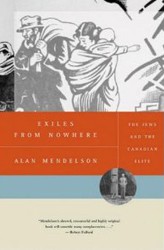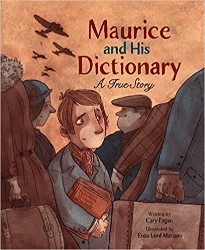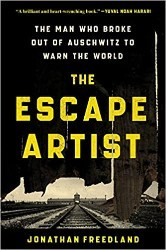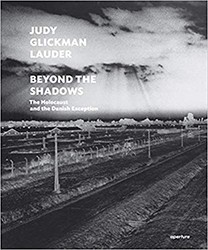A field anthropologist and scholar, Franz Boas essentially created the modern discipline of anthropology about 125 years ago. Through sheer force of personality, he persuaded Columbia University (where he spent most of his academic career) to consolidate a disparate group of ethnologists, linguists, and archaeologists into a cohesive academic department, and created the first American Ph.D. program in the subject around 1902. His students included Margaret Mead, Zora Neale Hurston, and Ruth Benedict. (“All my best students are women,” he once remarked.)
He was also the intellectual mentor of Claude Lévi Strauss, in whose arms he died in 1942. So, it is entirely fitting that Noga Arikha, the French philosopher and historian of ideas, is our guide to Boas’s life and thought. Boas worked, and lived, in that intellectual space where science and the humanities meet, a place that Arikha knows and implicitly understands.
A product of the nineteenth century flowering of both the German-Jewish haute bourgeoisie and the Bildung, a uniquely syncretic German philosophy of higher education, Boas was a man of compelling complexity. His family was heavily influenced by the revolutionary ideals of 1848 and even boasted a personal connection to Karl Marx and Friederich Engels. As a student at the Universities of Heidelberg and Bonn, Boas joined nationalistic dueling societies, terra incognita for most Jews, in which he acquired the saber scars associated with the Prussian officer class. And as an anthropologist, he fully immersed himself for months at a time in the cultures of North American First Nations, initially in the Canadian Arctic (where he became a highly proficient long-distance dogsled driver) and subsequently on Vancouver Island and along the coast of northern British Columbia.
Before Boas, anthropology was less an academic endeavour than it was an exercise in hucksterism. Brought on as a sort of consultant for Chicago’s World’s Columbian Exhibition in 1893, Boas found himself coordinating “strongly exhibitionist” reconstructions of First Nations communities, complete with families imported from Vancouver Island to perform “dances, feasts and orations.” While this spectacle would eventually form the basis of Chicago’s great Field Museum, the experience led Boas to vow “never again to play circus impresario” (although he did have a role in the notorious case of a group of Greenlandic Inuq put on public display at New York’s American Museum of Natural History in 1897).
His encounters both with First Nations people and the chauvinism (if not outright eliminationist racism) that characterized their experience of the “civilizing” European world, led Boas to reject popular conceptions of “the primitive” and “racial purity” and to develop universal theories of human development, loosely defined as “cultural relativism.” As Arikha explains, to Boas, the study of “so-called ‘primitive peoples’ … was simply studying humanity and revising the concept of culture as it had been shaped by the Enlightenment.” Concepts like “race” and “culture” had no basis in evidence; differences between people (and peoples) were a function of environment, not inherent or inherited characteristics.
How much of Boas’s worldview was influenced by his Jewishness? That’s hard to know, although Arikha identifies a fundamentally Jewish paradox in anthropology: “To understand the world of another, one needs to stand outside it.” But there is no doubt that in the last years of his life, Boas knew viscerally where the world was headed. His doctorate from the University of Kiel was rescinded, and his books burned in the University square, along with those of Einstein, Freud, Trotsky, and Rosa Luxembourg. He wrote anti-Nazi pamphlets for the nascent German underground and called out the cults of eugenics and nativism gaining ground in his adopted American homeland.
Boas realized, full well, that “the ideology that would have sealed his own fate, as a Jew…and a dissident intellectual…rested on a set of pseudoscientific foundations that had a decidedly American stamp…successfully exported to Germany.” In this world, in which authoritarianism, pseudoscience, and a particularly repugnant form of racialization have become once again acceptable, if not the norm, Franz Boas’s principled insistence on science, on evidence, and on the fundamental dignity and importance of every human life has become more important than ever.
Angus Smith is a retired Canadian intelligence official, writer and Jewish educator who lives in rural Nova Scotia.





